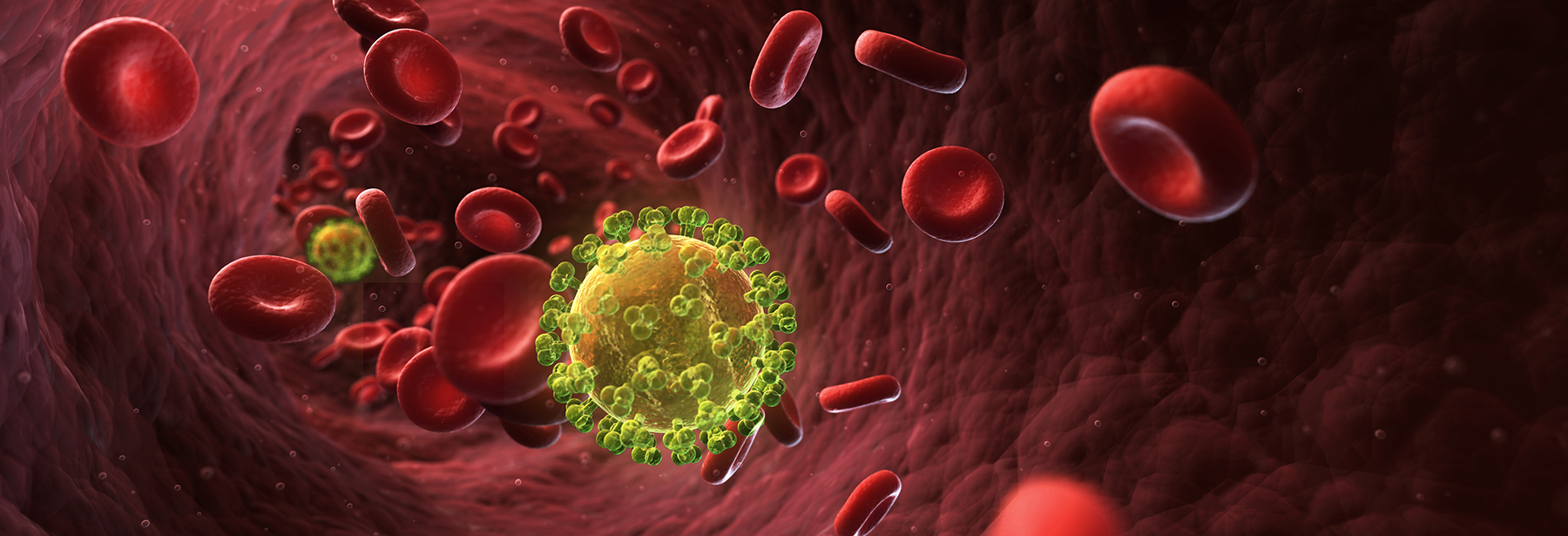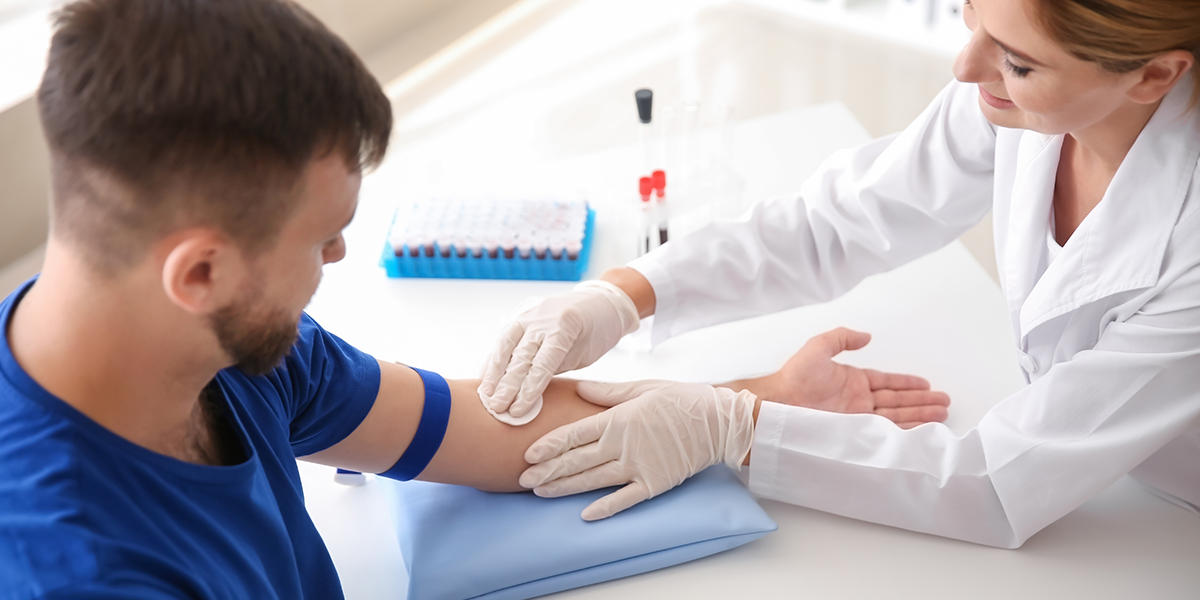HIV (Human Immunodeficiency Virus) is a virus that can lead to AIDS (a severe phase of HIV infection) if not treated. The immunodeficiency in HIV means this virus attacks the body’s immune system.
HIV spreads through certain bodily fluids that attack the body’s immune cells, specifically the CD4 cells (aka T cells). Over time, HIV can destroy enough CD4 cells that the body can’t fight off infections and disease. Unlike other viruses, our bodies can’t get rid of HIV completely—once you get HIV, you have it for life.




